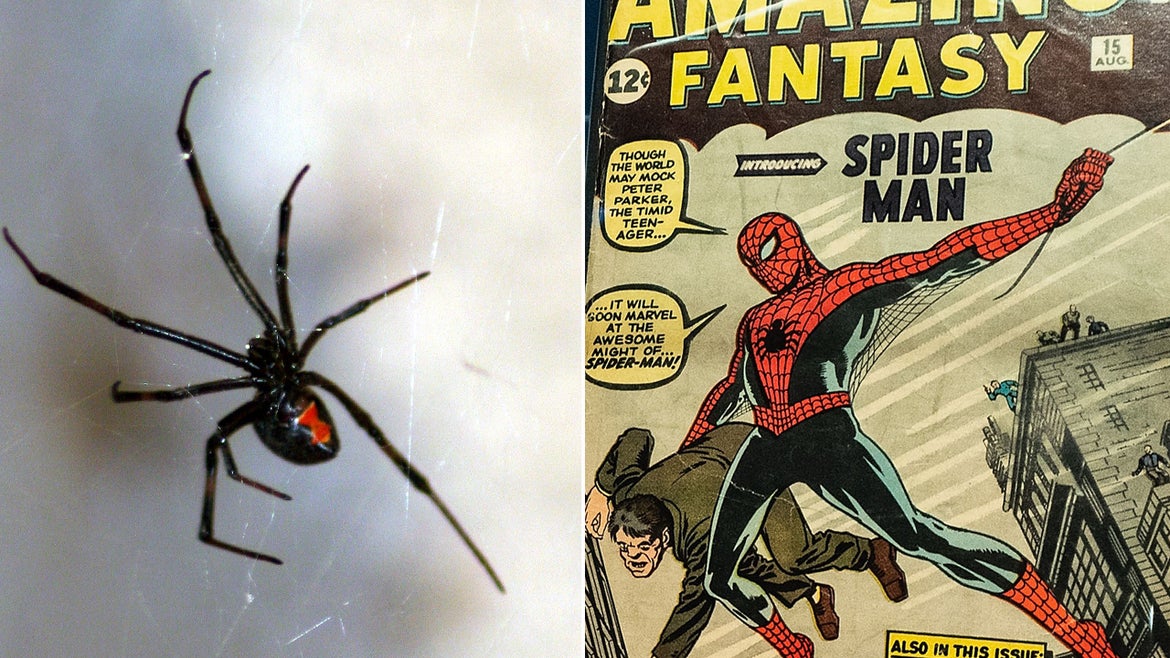In the Marvel comic books, the fictional Queens, New York, teenager Peter Parker gets bitten by a radioactive spider allowing him to have his spider-like superpowers.
A boy in Bolivia has been hospitalized after he reportedly allowed a black widow spider to bite him because he wanted to become Spider-Man, according to reports.
The incident occurred in the Bolivian town of Vichuloma, Oruro Department, Spanish news agency EFE and Bolivia.com reported.
The boy found the black widow spider under a stone and after seeing the characteristic red markings on the arachnid, he let himself get bitten because he wanted to turn into Spider-Man, Ernesto Vásquez, head of the Zoonotic Diseases Program of the Departmental Health Service of Oruro said, according to Newsweek.
"The child, without considering the risks, picked it up [and] placed it on the back of his palm where the arachnid made the bite," Vásquez told EFE.
After getting bit by the arachnid, the boy put the spider in a glass and went home. Three hours later, he began to feel ill and reportedly started experiencing body aches and intense muscle contractions, Newsweek reported.
The boy then told his mother what happened with the spider and the matriarch took her soon to a nearby doctor, who rushed him to a hospital for emergency procedures, Newsweek reported.
"We are extremely concerned because the analysis and questions asked to the child when he had already recovered indicate that he picked up the arachnid with a simple purpose — that he wanted to become Spider-Man," Vásquez added. "These black spiders with red backs are black widows. They do not cause anyone to become Spider-Man — on the contrary, they are putting lives at risk.”
In the Marvel comic books, the fictional Queens, New York, teenager Peter Parker gets bitten by a radioactive spider allowing him to have his spider-like superpowers.
Black widow spider bites can cause nausea, difficulty breathing, pain as well as chills and fever. In serious cases, they can cause seizures and death, and young people, the elderly, and the immunocompromised are the most vulnerable, according to Parade.






